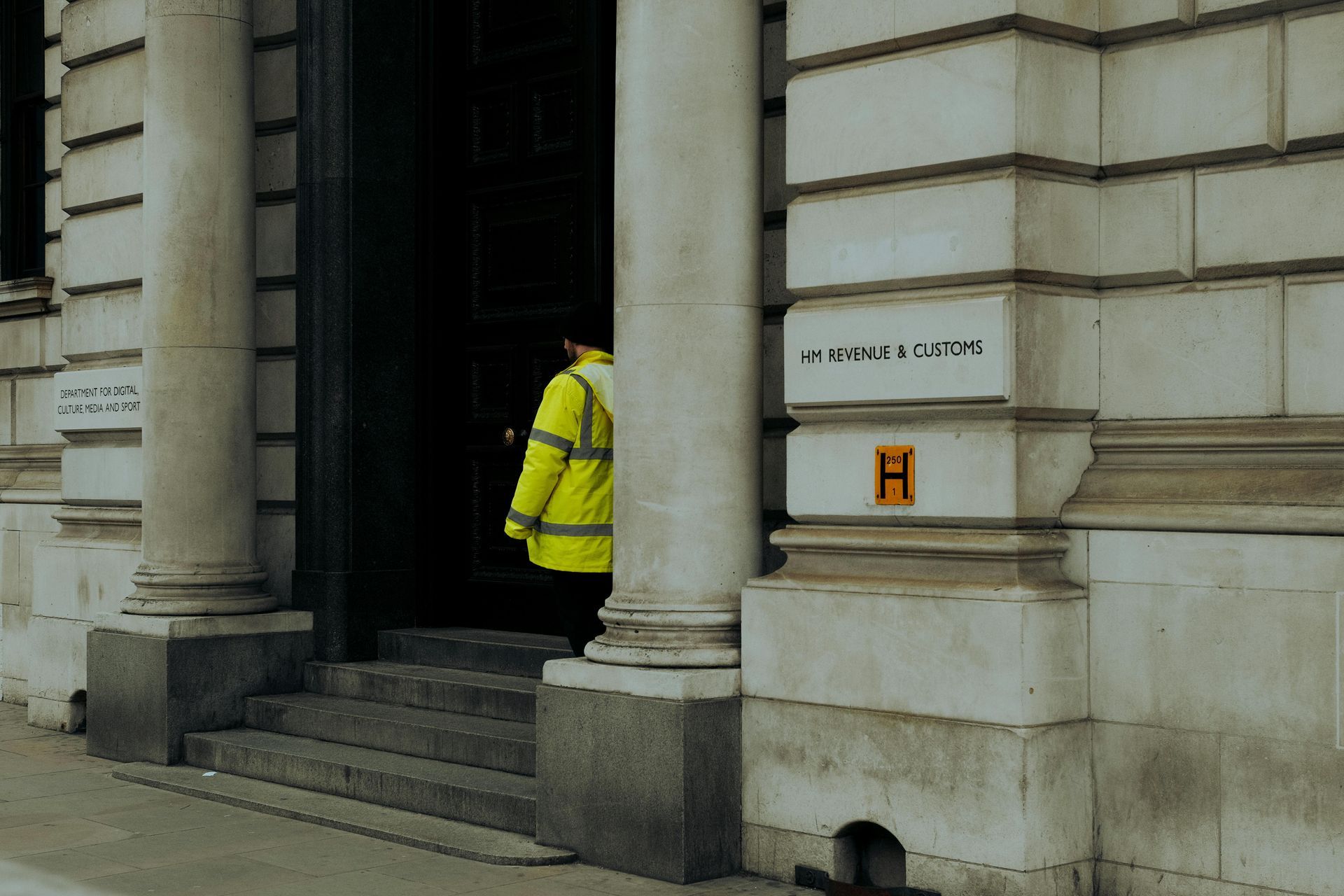The increase in the National Insurance contributions and what does this mean for me!
Last autumn the government passed a law to increase National Insurance Contributions (NICs) from April 2022. That date is now upon us, so what will it mean to the everyday tax payer?
NICs are a levy paid by employees and the self-employed on their earnings, and by employers on the earnings of those their employees. NICs are not charged on those with low earnings, or on pension income or investment incomes (such as dividends or capital gains). Also, employee and self-employed NICs are not levied on the earnings of those over the state pension age (currently 66 years of age). The main rates of employee and self-employed NICs currently start to be paid on earnings (or profits) above £9,568. From April, this threshold will increase to £9,880. The higher-rate threshold is £50,270 (and will stay at that level from April).
So although the good news is that the threshold is to increase to £9,880 the bad news is that the rate due to be paid is going to be increased by 1.25% from April 2022. To put it simply the main rate for an employee was 12% – it will now be 13.25%.
And there is a further sting in the tail! The rate of dividend tax is also to be increased by this 1.25% therefore increasing what basic tax payers will pay on dividends from 7.5% to 8.75%. For higher tax payers the increase will mean a rise to 33.75%.
I won’t go into specific breakdowns but please do contact us if you would like further advice, especially if you are self-employed or running a Limited Company as the rules will be slightly different.







